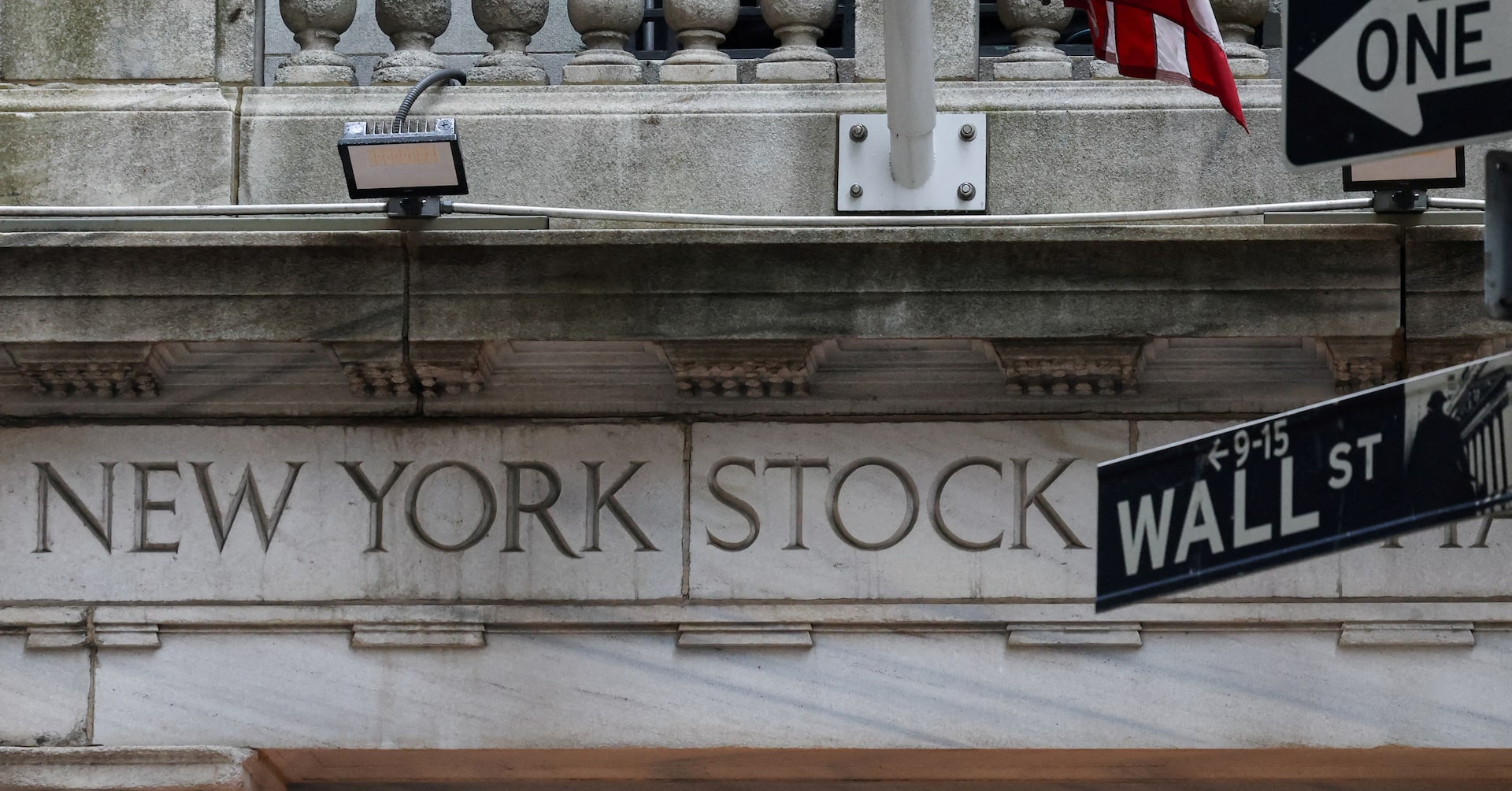NEW YORK, May 8 (Reuters) – Wall Street bonuses are anticipated to decrease this year due to economic and geopolitical uncertainties that have slowed deal-making, according to a report by compensation consultancy Johnson Associates. Investment banking activities have significantly reduced as corporations delay initial public offerings and mergers and acquisitions. This hesitation has been influenced by U.S. President Donald Trump’s recent tariff announcements, which have unsettled markets. The consultancy predicts a potential decline in incentives of up to 10% this year. Bankers are concerned about a paralysis in client activity, where companies neither invest, buy, nor sell, leading to reduced fees for firms. In a worst-case scenario, bankers’ incentive payouts could drop by as much as 20% if economic activity slows further. However, more clarity on tariffs and easing geopolitical tensions could stabilize or slightly increase bonuses. Employees in equity underwriting might see bonuses fall by up to 20%, while advisory, hedge funds, and asset management executives could experience declines of up to 10%. Conversely, market volatility has increased trading volumes, potentially resulting in higher bonuses for traders and bankers. Equity sales and trading could see an increase of up to 25%, followed by fixed income sales and trading at 20%, and debt underwriting incentives rising by up to 10%. The number of announced merger and acquisition contracts globally fell in April to the lowest level in over 20 years. In the U.S., only 555 deals were signed last month, the fewest since May 2009 during the financial crisis. — new from Reuters
